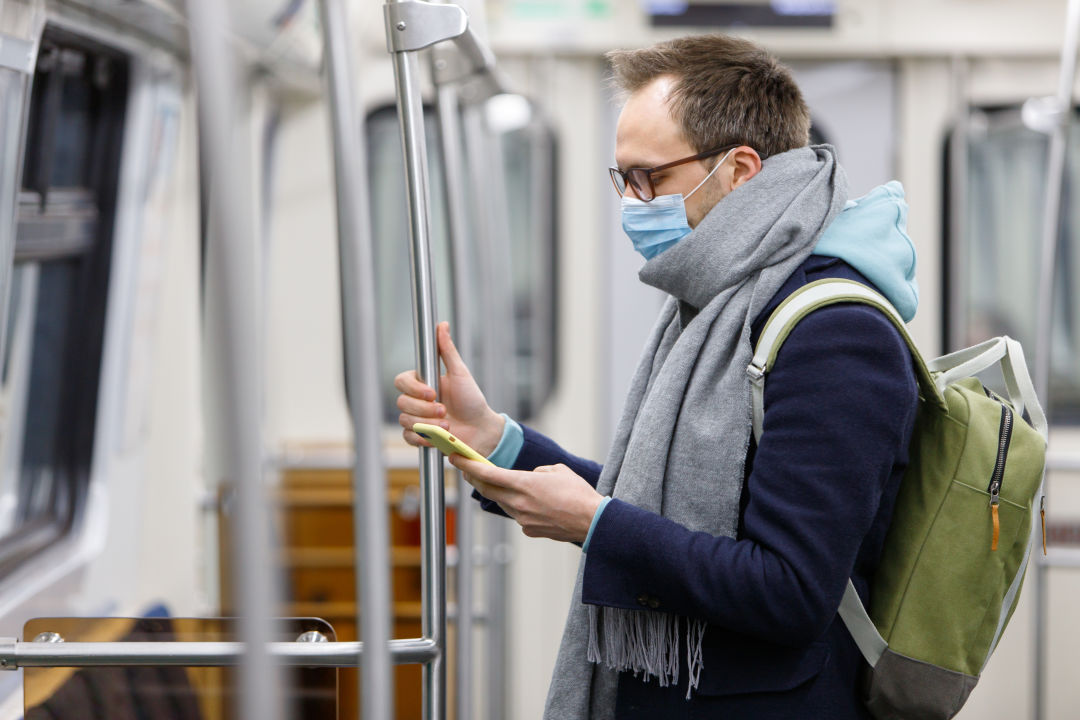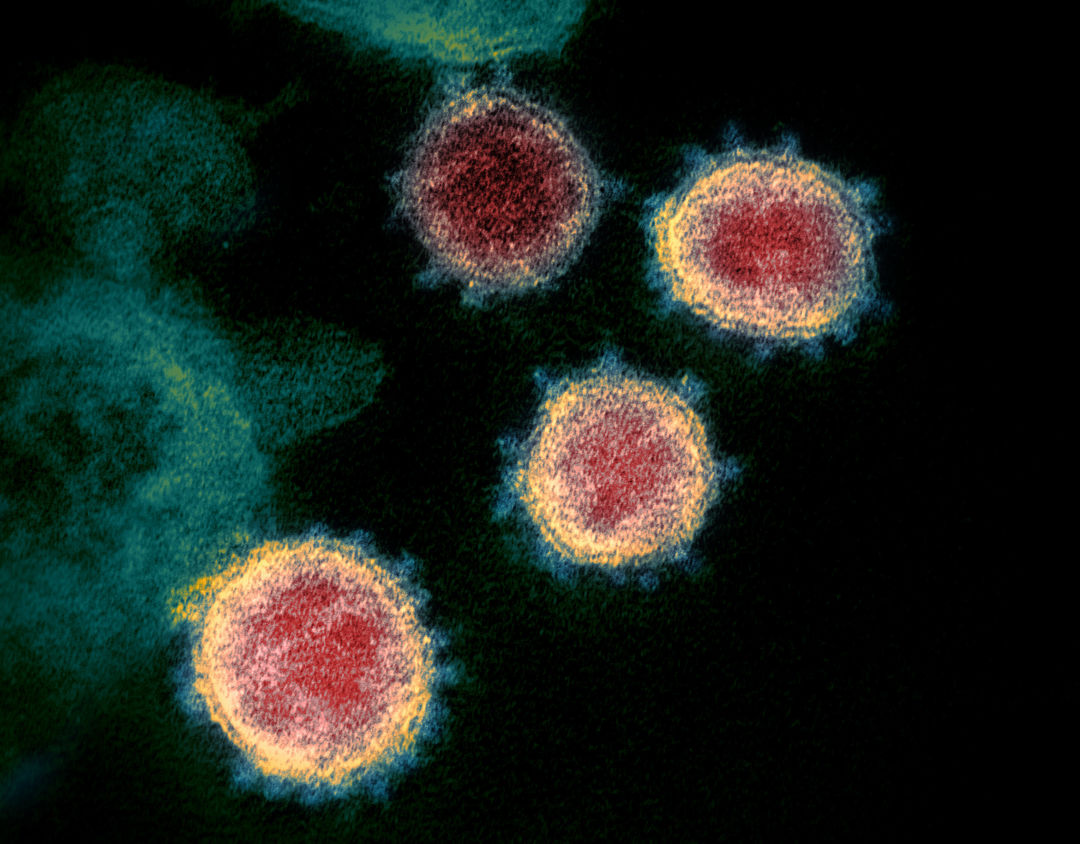Updates: Coronavirus Is Here. This Is What We Know So Far

Image: Shutterstock
The Centers for Disease Control and Prevention (CDC) has confirmed that two Florida residents—a Manatee County man currently receiving treatment at Doctors Hospital of Sarasota, and a Hillsborough County woman—have tested positive for COVID-19, or coronavirus.
Today, the Sarasota Herald-Tribune reported that Surgeon General Scott Rivkees acknowledged that the DeSantis administration was aware of the cases on Saturday evening—at that point, both presumptive positives awaiting confirmation by the CDC—but chose not to share the news with the public until late Sunday evening. The governor's announcement about the cases, and his subsequent declaration of a public health emergency, came after a memo that Doctors Hospital of Sarasota was treating a patient for COVID-19 began circulating on social media and was reported in the Venice Gondolier-Sun.
The Manatee County man receiving treatment at Doctors Hospital is in his 60s and had no history of travel to countries affected by coronavirus, although he did have underlying medical conditions, the governor said. The Hillsborough County woman is in her 20s and had a history of travel to northern Italy, where cases of coronavirus have been confirmed. Today, Sarasota Military Academy also announced that one of its students and their mother are currently quarantined due to "the mother's contact with a patient at Doctors Hospital in her professional role." The school added that it is working to disinfect all classrooms and common areas, and had a conference call with the CDC and the Sarasota Department of Health at 11 a.m. Monday morning.
According to the Florida Department of Health, coronavirus can spread from person to person through small droplets from the nose or mouth, such as when someone coughs or sneezes. The droplets may land on objects and surfaces, and other people can contract the disease by touching these objects or surfaces, then touching their eyes, nose or mouth. Symptoms of coronavirus are fever, cough and shortness of breath; they may appear in as few as two days or as many as 14 days following exposure. Most people recover without needing special treatment—however, the elderly and those with underlying medical problems like high blood pressure, heart problems and diabetes are more likely to develop serious illness.

A microscope image of 2019-nCoV, the virus that causes COVID-19, isolated from a patient in the U.S.
Image: NIAID-RML
Both the state department of health and the governor's office say coronavirus' threat to the public remains low, emphasizing that everyday preventative actions can help prevent the spread of respiratory infections. They include:
- Avoiding close contact with people who are sick;
- Staying home when you are sick and avoiding contact with people in poor health;
- Avoiding touching your eyes, nose and mouth with unwashed hands;
- Covering your cough or sneeze with a tissue, then disposing of the tissue;
- Washing your hands often with soap and water for at least 20 seconds, especially after going to the bathroom, before eating, after blowing your nose, coughing or sneezing. If soap and water are not readily available, use an alcohol-based hand sanitizer with at least 60 percent alcohol. Always wash hands with soap and water if hands are visibly dirty; and
- Cleaning and disinfecting frequently touched objects and surfaces using a regular household cleaning spray or wipe.
For more information, visit the Florida Department of Health or the Centers for Disease Control and Prevention.
